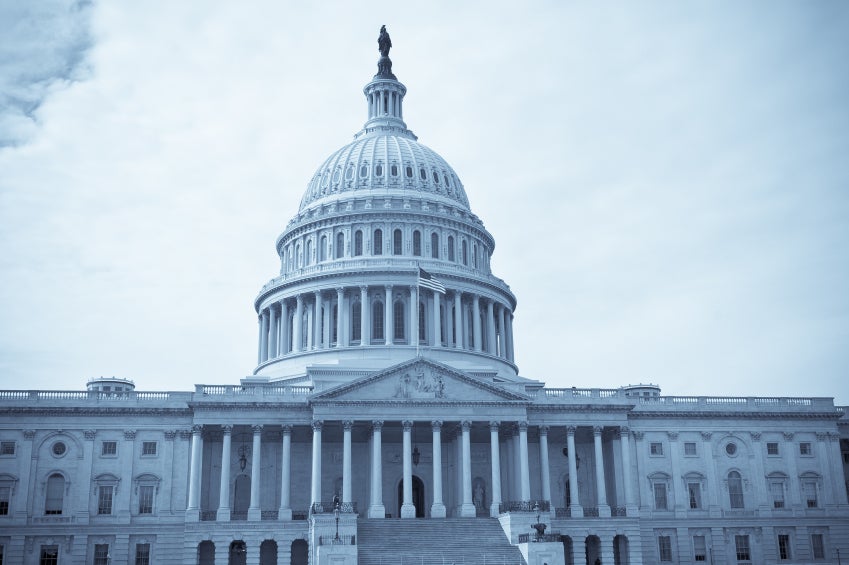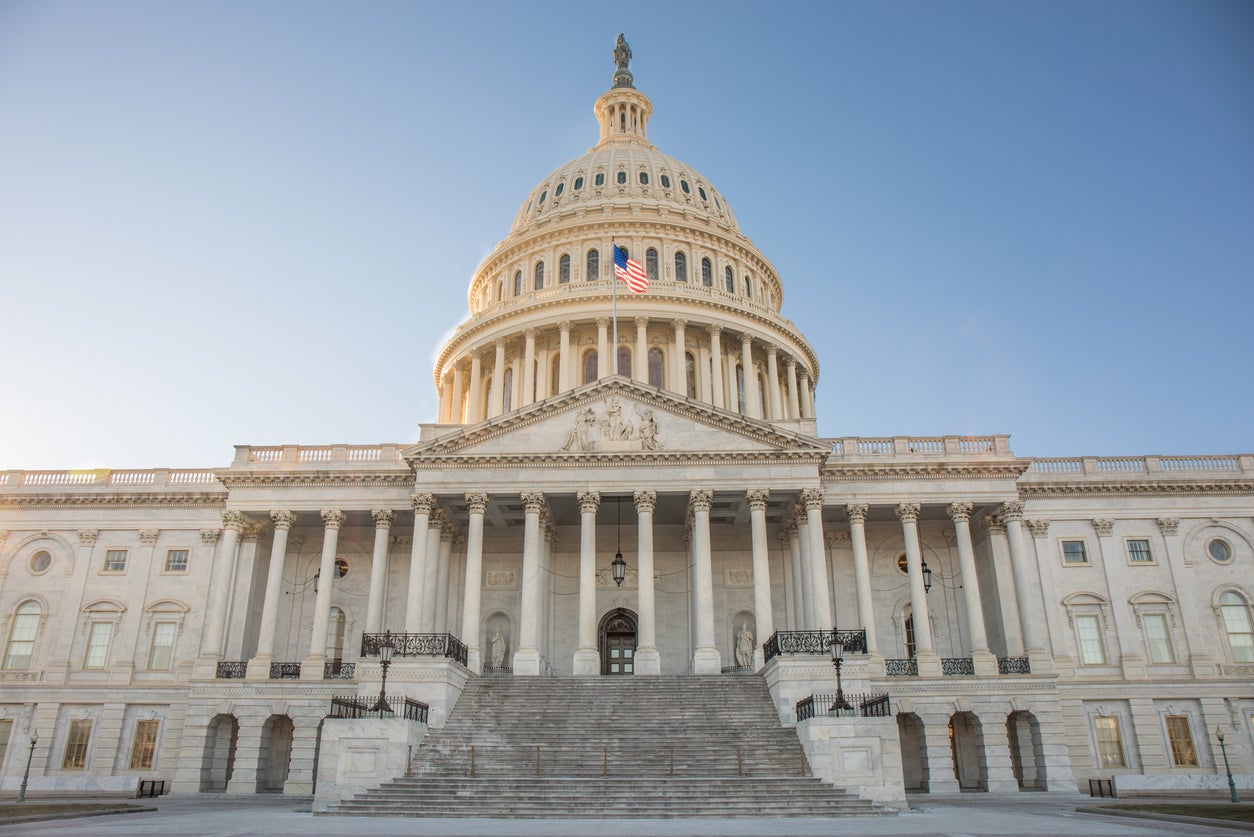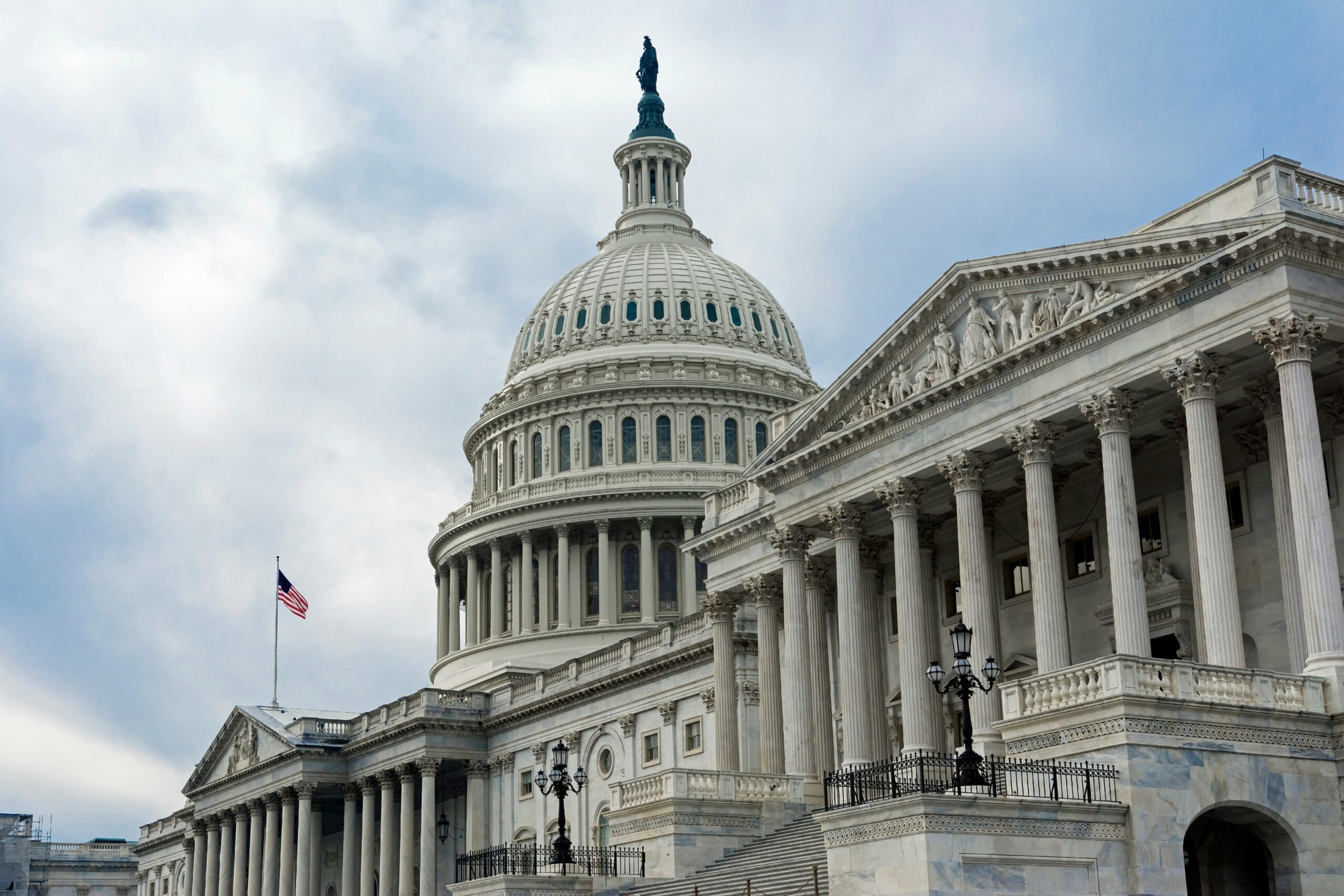CBA Comment Letter re NJ Senate Bill 2358

Dear Senator Cunningham:
I am writing on behalf of the members of the Consumer Bankers Association (CBA) to express opposition to Senate Bill 2358 as currently drafted. CBA usually comments on federal policy, but we consider it necessary to weigh in on this legislation because it would conflict with national safety and soundness practices and potentially disrupt credit markets nationally. We are concerned the legislation would create conflicting and confusing private education loan regulatory requirements among and between New Jersey, federal and other states’ laws.
CBA is the voice of the retail banking industry whose members operate in all 50 states, serve more than 150 million Americans, and collectively hold two-thirds of the country’s total depository assets. At this time of extreme uncertainty, our banks remain in strong financial condition and are stepping up to serve the needs of customers and employees.
Banks and other private financial institutions only comprise about 8 percent of education loans. The federal government makes the remaining 92 percent. Of currently outstanding loans, $1.47 trillion of the total $1.6 trillion (92 percent) are federal. Due to careful underwriting that assesses the ability to repay the loan before it is made, along with comprehensive advance disclosures to borrowers, 98 percent of private loans are being successfully repaid. The underwriting coupled with numerous disclosures helps protect students from borrowing more than they can afford.
The CBA Education Funding Committee includes the banks that make most private student loans in order to help American students finance their education. Members of the Education Funding Committee of CBA have made approximately 250,000 loans amounting to $3.9 billion to 130,000 students in New Jersey. In New Jersey, as in other states, the vast majority of these loans are being repaid on time. This reflects the positive contribution the private sector is making to help New Jersey students finance their education, and it reflects the value of having a private option available to those who wish to use it.
S2358, instead of making more private education loans available at a lower cost, would have the opposite effect. It would increase the cost of borrowing and dramatically reduce availability; both outcomes that are not helpful as the nation works toward recovering from the ongoing economic crisis.
The legislation is apparently attempting to require private education loan lenders to make it faster and easier to release cosigners from their loan obligations. Most private education loans made today, especially at the undergraduate level, involve cosigners in order to meet credit, income, and ability to pay requirements which makes it possible for more students to get a loan and has the added benefit of driving a lower interest rate tied to the cosigner’s stronger credit rating. Unfortunately, the proposed legislation would only serve to reduce the low-cost options available to New Jersey students and their families to finance higher education.



